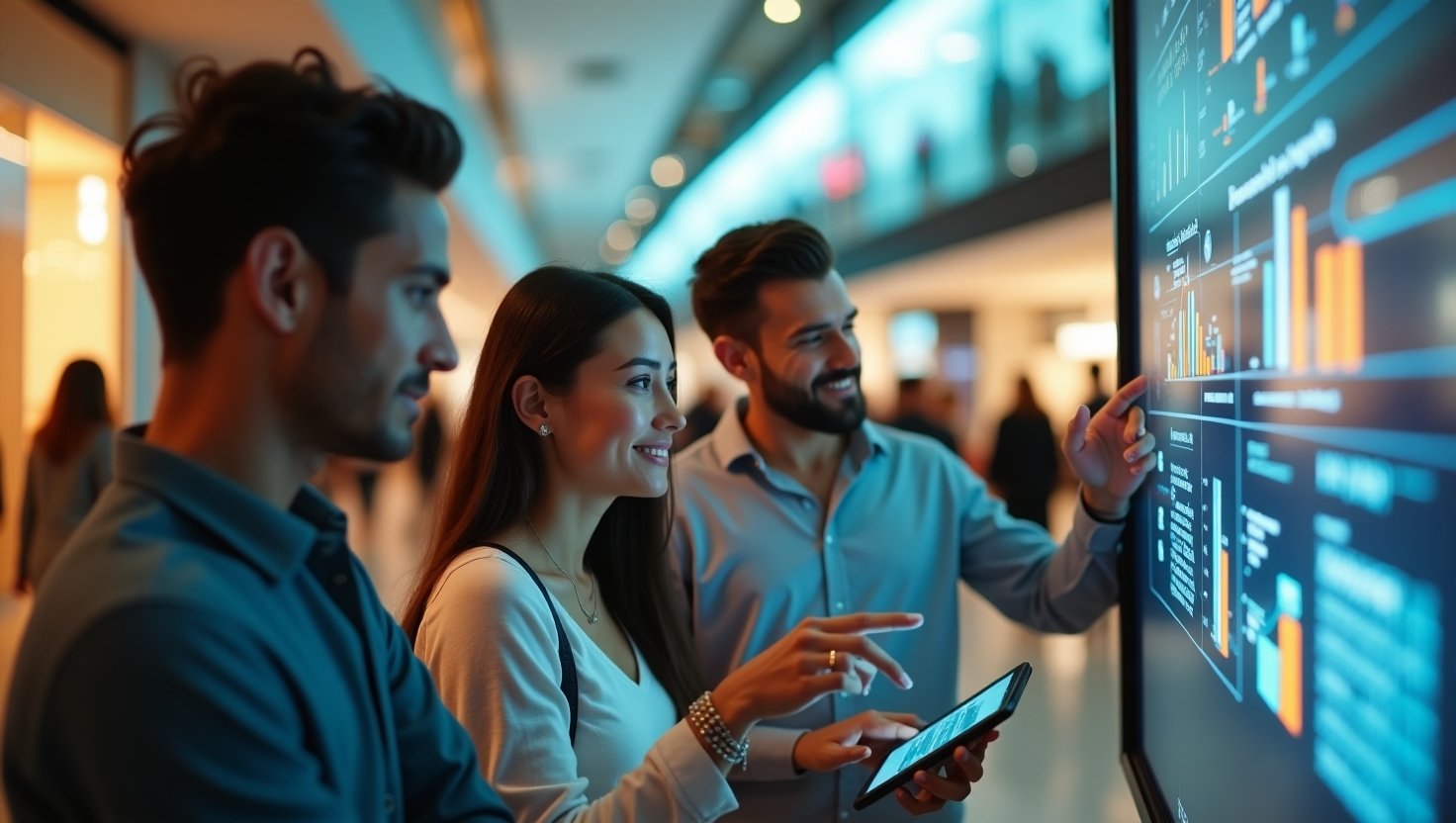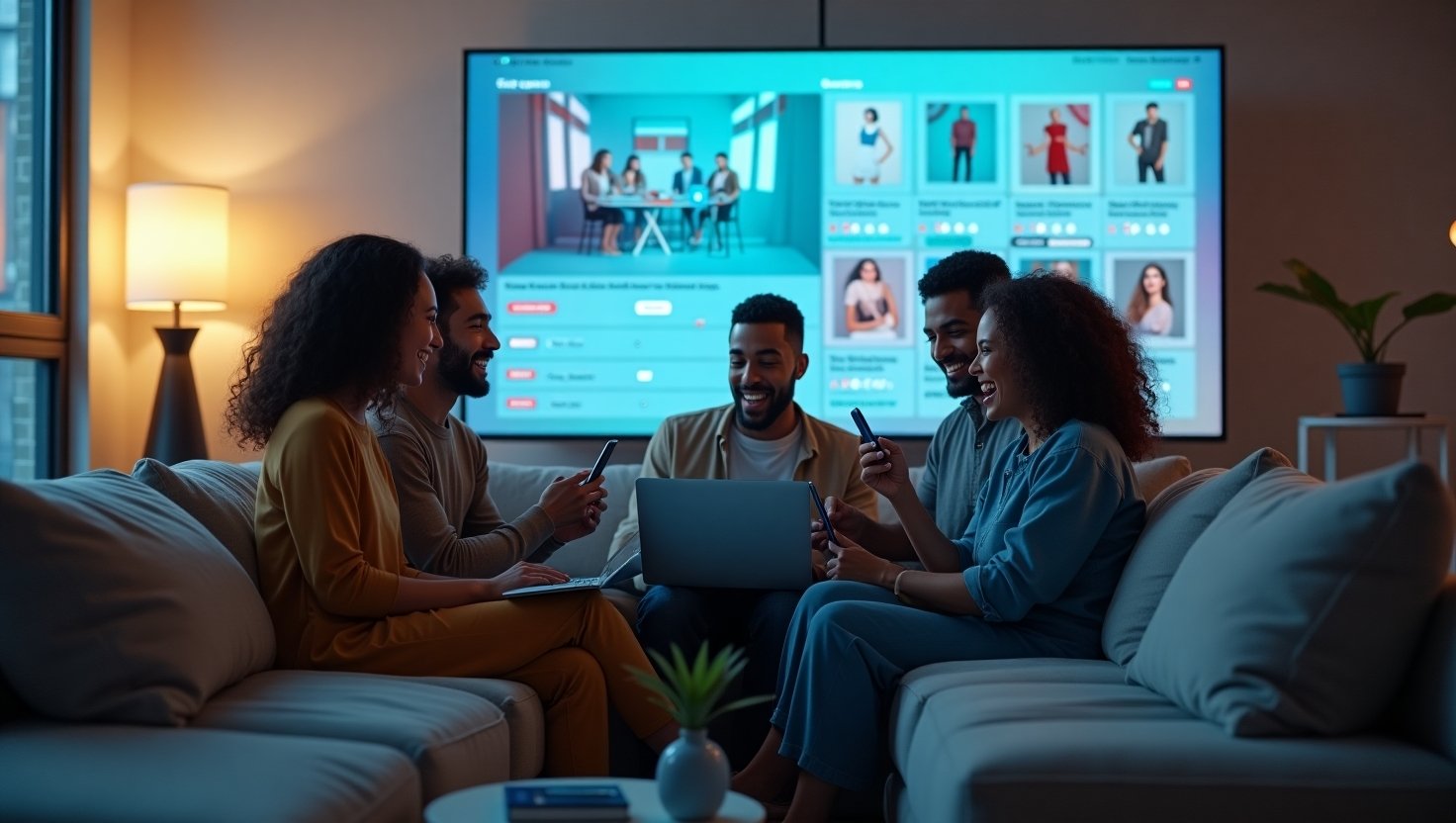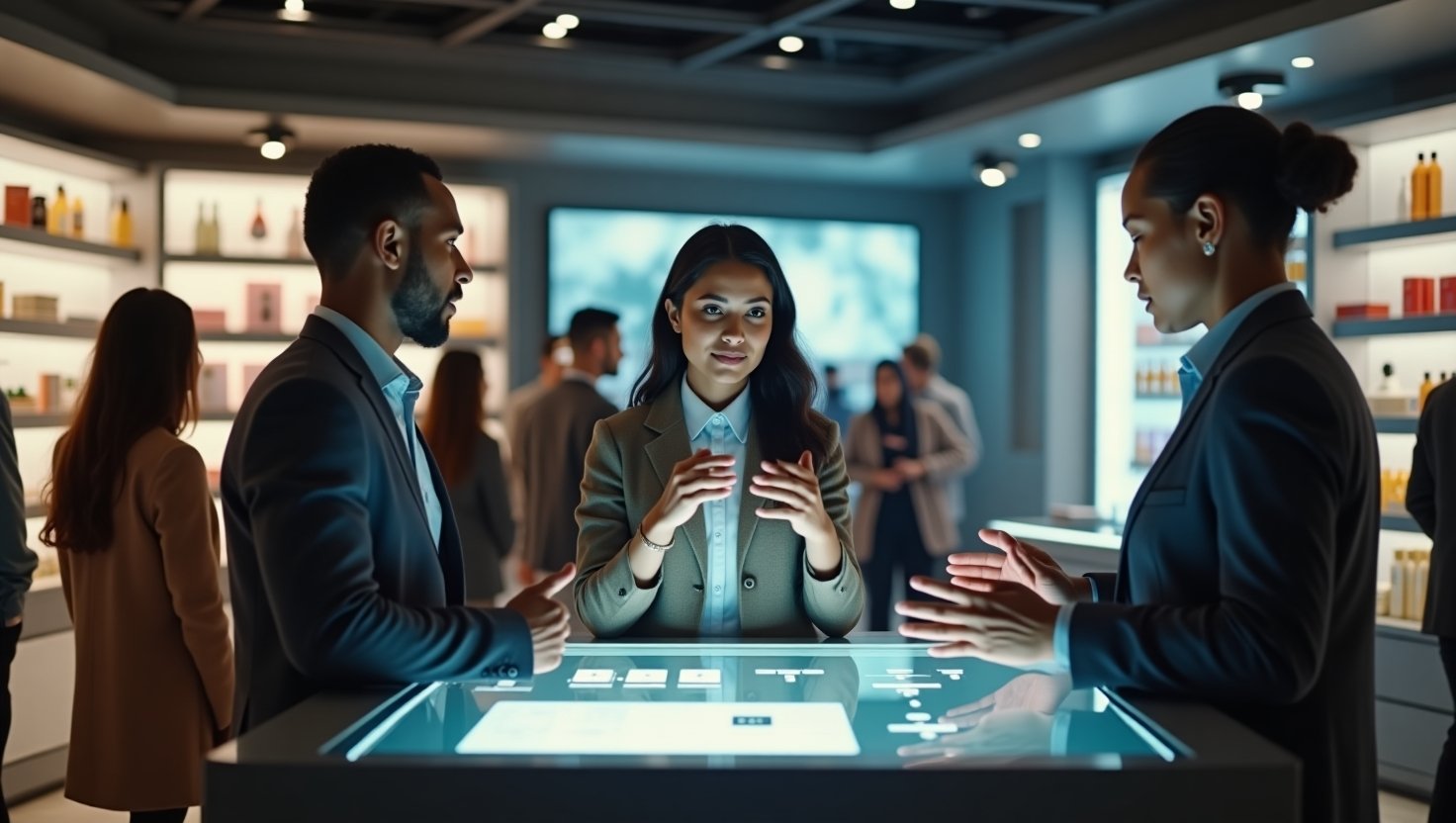How Influencers and AI Are Revolutionizing Consumer Behavior in Retail
In the intricate dance of digital transformation, two powerhouse trends have emerged at the intersection of technology and marketing: influencers and artificial intelligence (AI). These elements, both independently and in combination, are reshaping how consumers interact with brands, thereby altering retail trends drastically. This article dives into how influencers and AI are not only driving this change but providing brands with new ways to connect with their audiences.
The Symbiosis of Influencers and AI in Consumer Behavior
In a landscape where influencer marketing has become a staple advertising strategy, AI’s entry is akin to the introduction of a catalyst in a chemical reaction—it accelerates and refines the process. Influencers have always had the power to sway consumer behavior by curating experiences and offering personal endorsements. AI, on the other hand, brings data precision to the game, analyzing patterns and predicting future consumer actions.
For example, think of how a skilled chef uses both traditional recipes and modern gadgets. Influencers are like those chefs who know the perfect spices for taste, whereas AI is the sous-chef ensuring every ingredient is measured to perfection. By combining human intuition with machine efficiency, businesses can finesse their marketing strategies for enhanced outcomes.
Transforming Retail Trends with AI and Influencer Integration
AI’s impact on retail is increasingly evident, as seen in Walmart’s introduction of AI-powered shopping tools designed to enhance both in-store and online shopping experiences (source: Retail Dive). These tools, such as AI-assisted customer support and personalized wish lists, illustrate how AI facilitates a more engaging and targeted customer experience. Influencers add a personal touch to this by creating narratives around these tools, encouraging consumers to explore and engage with them.
Consider the noted fact that customers using the Walmart app in-store spend 25% more on average than those who do not. This statistic highlights how digital influences and AI tools are shifting consumer behavior towards more informed and perhaps even impulsive purchases (source: Retail Dive).
Future Implications: The Road Ahead
As the retail sector continues to evolve, the rate at which AI technologies and influencer strategies are integrated will dictate who leads and who lags. The integration of AI in retail not only optimizes operations but also aligns perfectly with influencers’ authentic content creation. For example, Simon-Kucher’s podcast discusses how businesses can adapt to these changes for sustained growth, drawing on insights from retail experts and data-backed research (source).
Future forecasts include:
– Increased Personalization: AI’s role is expected to deepen, crafting individualized shopping experiences that influencers can emphasize in their storytelling, making the shopping experience not just transactional but aspirational.
– Sustainability Moves: As consumer consciousness grows, AI can help identify and promote sustainable products, which influencers can advocate, meeting the ethical demand of modern consumers.
– Enhanced Consumer Insights: Real-time data analysis provided by AI can offer influencers and brands invaluable insights into changing consumer behaviors and preferences, enabling agile marketing strategies.
In conclusion, the fusion of influencers and AI in retail is an exciting frontier with promising implications for consumer behavior, ultimately transforming retail trends. As retail enters this new chapter, brands that adeptly leverage both influencers and AI will likely emerge as industry leaders in shaping the future of retail experiences.










